SAEDNEWS: Choosing a student laptop in 2025 means balancing performance, battery life, and price. From ultraportables to 2-in-1s and powerful Chromebooks, here are the top picks, who they suit best, and key buying tips.
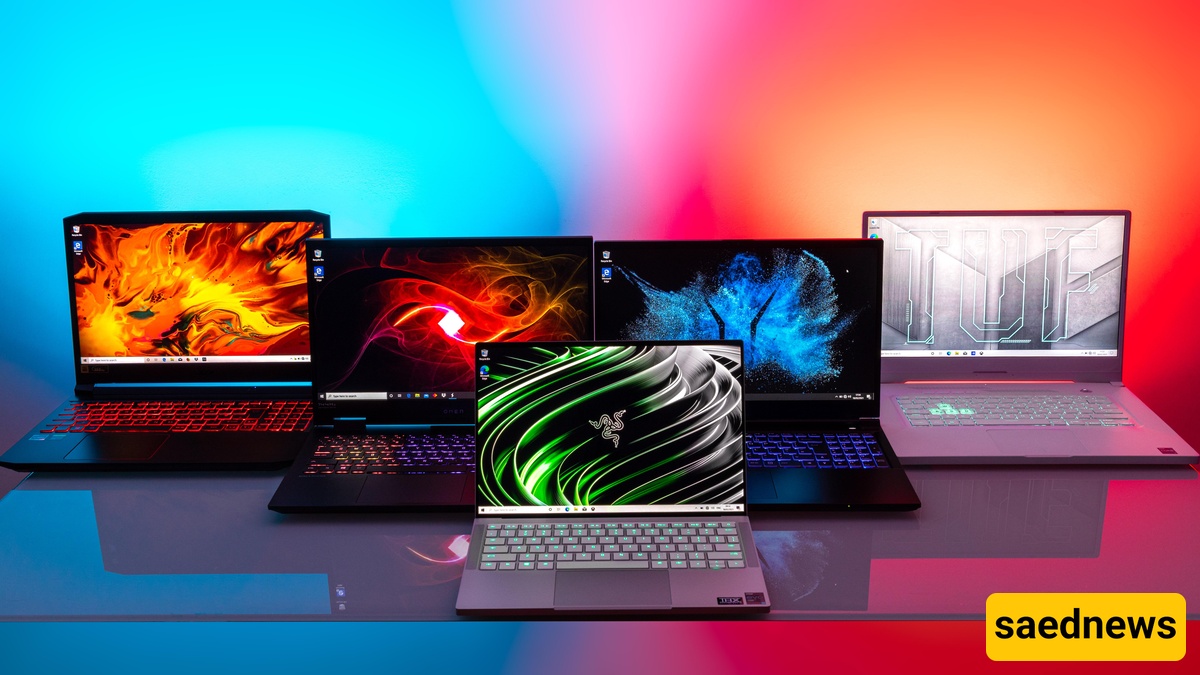
According to Saed News; Picking a laptop for school used to be simple: small screen, light, long battery. In 2025 the choice is richer — Apple’s efficient ARM machines, Windows ultraportables and convertible 2-in-1s, and Chromebooks with real offline chops. Below are five student favorites across budgets and use cases, plus how to choose the right one for your major, study habits and lifestyle.
Why it matters: Apple’s M-series remains the gold standard for battery life, fanless quiet operation and software reliability. The Air M3 delivers fast performance for research, video editing and many years of macOS updates without the thermal throttling older Intel laptops suffered. If you’re a media student, coder, or simply want a machine that “just works,” this is the safe pick. (See testing and picks across reviews.)
Who it’s for: Students who value battery life, app ecosystem (iWork, Final Cut/Logic access), resale value and long software support. Expect premium price but excellent longevity.
Tip: Look for student discounts through Apple Education or authorized resellers, and consider 16GB RAM if you plan to run big apps or VMs.
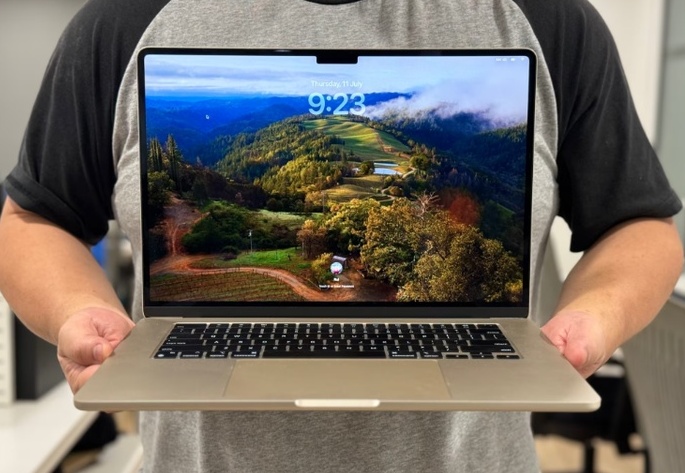
Why it matters: The Surface Pro line combines tablet convenience with full Windows apps, and the latest models (11th gen and similar Surface Laptop/Go updates) excel for students who switch between lecture notetaking, annotating PDFs and full desktop apps. It’s ideal when you want a touchscreen + pen input, without sacrificing compatibility with Windows software.
Who it’s for: Students in humanities, education, art and grad students who annotate and sketch by hand but also run heavier desktop software occasionally.
Tip: Get the keyboard/pen bundle if you lean on handwritten notes — it’s the productivity multiplier.
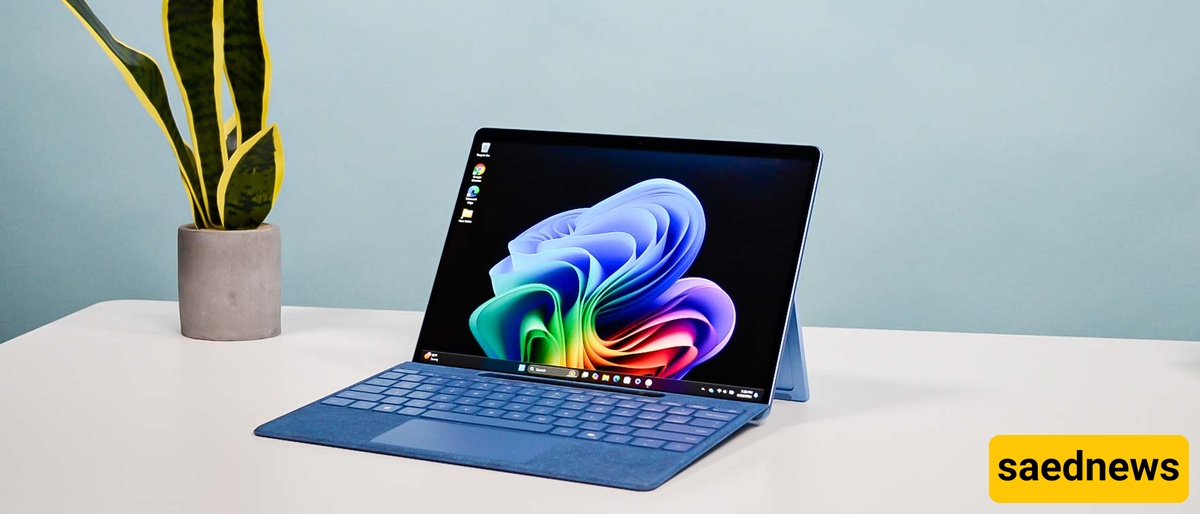
Why it matters: Chromebooks of 2024–25 are no longer just cheap browsers. New “Chromebook Plus” and high-end models offer large screens, long battery life and Android app compatibility — enough for most coursework, streaming and even light photo editing. For students on a budget (or those who live in Google Workspace), a Chromebook can be shockingly capable — and much cheaper.
Who it’s for: First-years, students who mainly use Google Docs/Sheets, media consumption, and anyone who wants a low-maintenance machine.
Tip: Pick models with at least 8GB RAM and an SSD (not eMMC) for snappier multitasking; verify Linux support if you need developer tools.
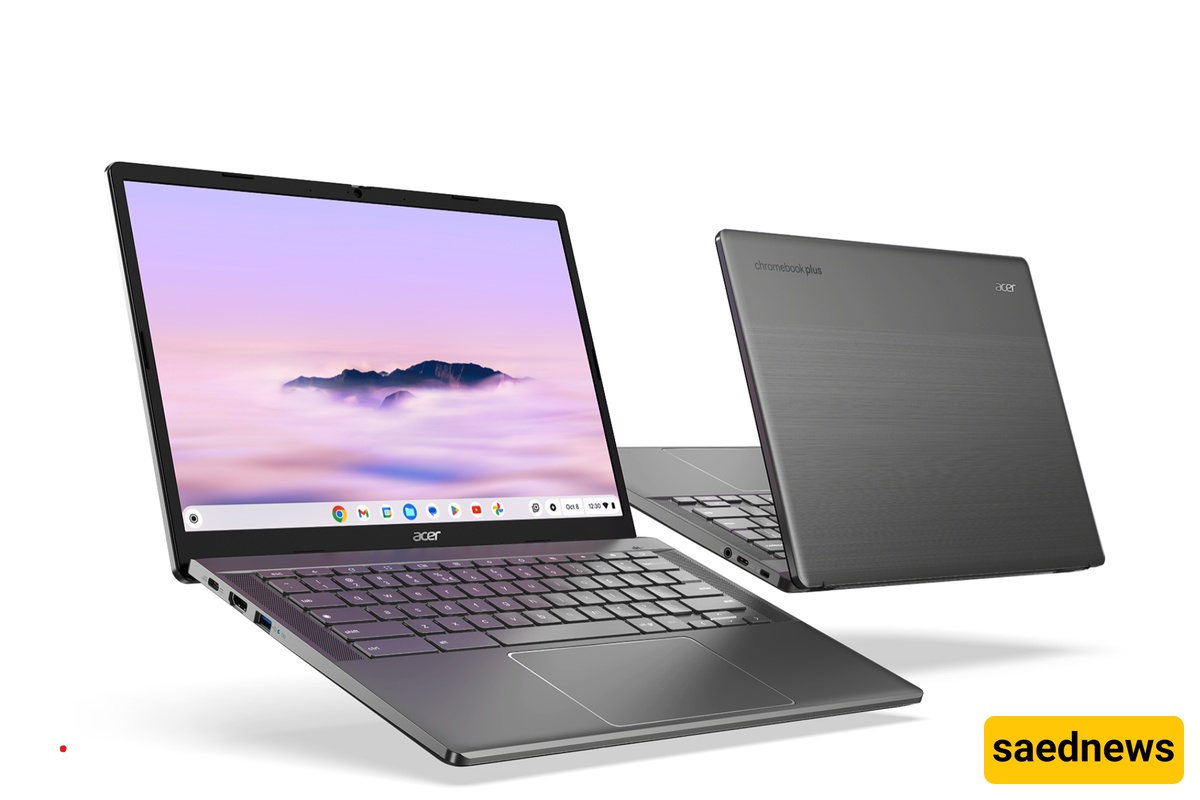
Why it matters: The XPS 13 remains a top ultrabook: premium build, excellent display and long battery life in a very compact chassis. It’s a terrific Windows alternative to the MacBook Air for students who need native Windows applications (e.g., certain engineering or lab software) but don’t want a bulky laptop. Laptop reviewers continue to favor this family for campus life.
Who it’s for: Business, engineering (light CAD), computer science (who prefer Windows), and students who value premium hardware and a great screen.
Tip: Aim for an Intel Evo or comparable platform for consistent battery and performance; upgrade RAM to 16GB if your workload demands it.
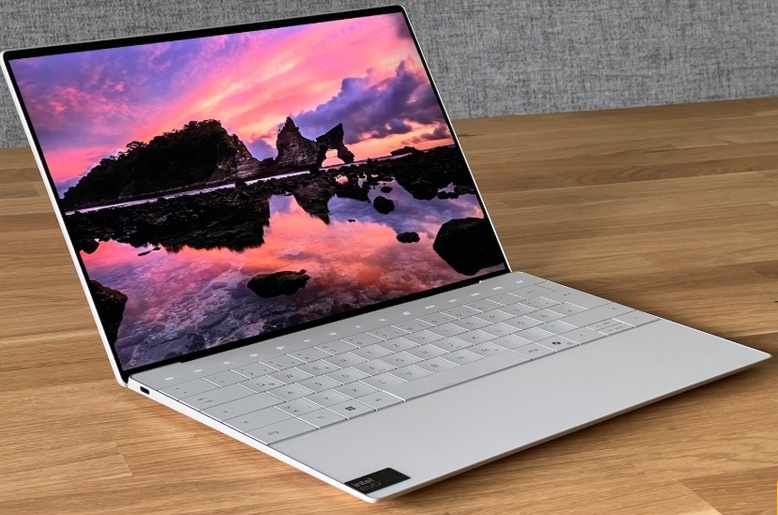
Why it matters: If you need a full Windows laptop without the sticker shock, recent thin-and-light models deliver surprisingly good performance and battery life for document work, video calls and light media editing. These are the workhorses that won’t break the bank and are easy to replace or upgrade.
Who it’s for: Students on strict budgets, part-time students, or anyone who wants a dependable machine for essays, remote lectures and streaming.
Tip: Prioritize SSD capacity (at least 256GB) and 8–16GB RAM. Look for keyboards with good travel — night study will thank you.
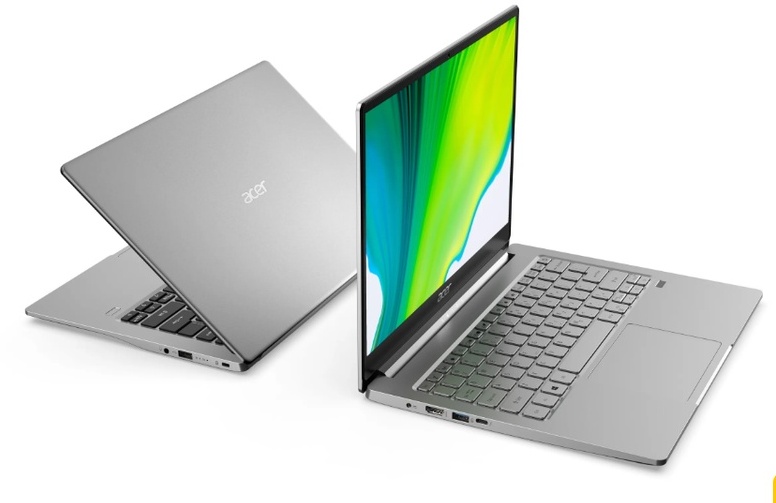
Major matters: Video/media/art → choose MacBook Air or a beefier Windows laptop; engineering → prefer Windows compatibility and more RAM; humanities → Chromebook can be perfect.
Battery & weight: Aim for 10+ hours battery and under 3 lbs if you commute on foot.
Storage & RAM: 8GB RAM minimum; 16GB preferred for media or coding. SSD (NVMe) for speed.
Ports: If you use external monitors or lab gear, ensure USB-C + at least one USB-A/HDMI or use a dock.
Durability & warranty: Student life is rough — consider extended warranty or accidental damage coverage.
There’s no single “best” student laptop in 2025 — only the one that fits your budget and workflow. If you want a worry-free machine that lasts years: consider the MacBook Air (M3). If you love pen input and class sketches: the Surface Pro family is your friend. On a budget? Don’t dismiss modern Chromebooks — they’re smarter and more powerful than many expect. For premium Windows, the Dell XPS 13 stays a top pick.

